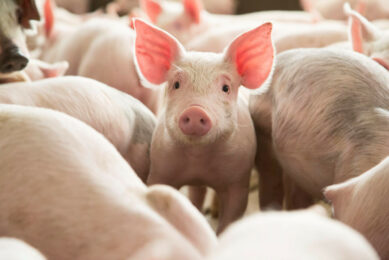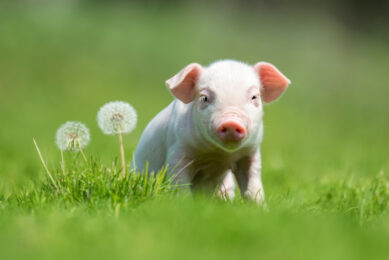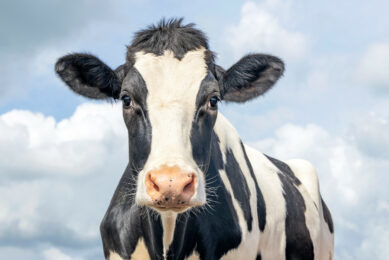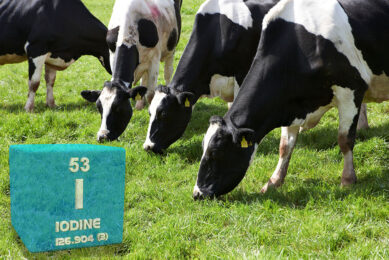Role of trace minerals for transition cows
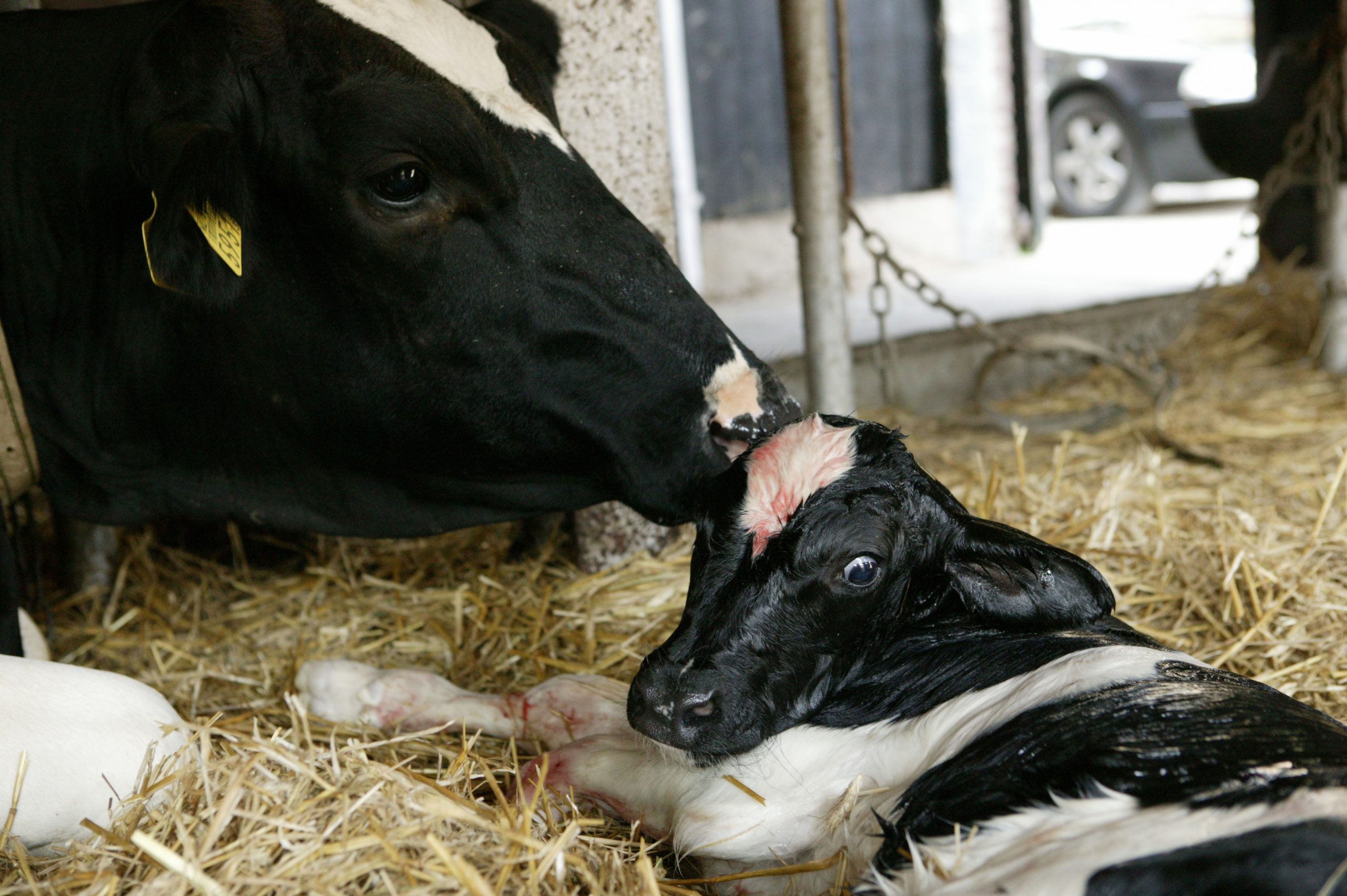
The transition period poses the greatest risk to immune function due to the large amount of physiological stress the cow undergoes.
In the article on Dairy Global, the author explains that both deficiencies and excesses of various nutrients can result in impaired immune function, so careful attention must be paid to transition cow diets.
Selenium essential in supporting immune function
The author mentions Selenium (Se) as one of the solutions to boost immune function. “Optimising Se status in cows is essential for supporting immune function. Not only the amount but also the form of Se supplied is important. It is well established that organic forms of minerals generally have higher bioavailability and retention in the body compared to their inorganic counterparts. This retention in body tissues allows the animal to build a reserve of the mineral to use in times of increased physiological stress, such as transition”, the author explains.
Zinc for normal function and development
Positive effects have been noted with feeding organic forms of other minerals, such as zinc and copper. Zinc deficiency can significantly increase susceptibility to infections. Zinc is also crucial for maintaining the integrity of the primary barrier, the skin, and cells involved in the inflammatory response require zinc for normal function and development. However, an excess of zinc has been shown to impair immune function. Copper is also crucial for immune function. It affects the second, more specific, response by the immune system; thus, copper-deficient animals often show immunosuppression.
Read the full article on DairyGlobal.net.




